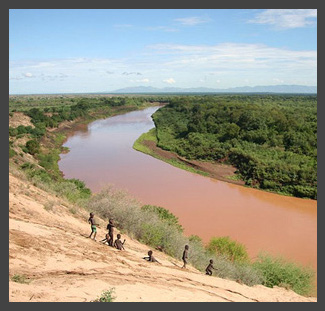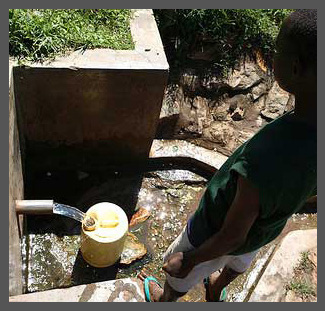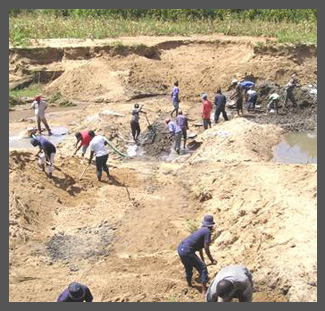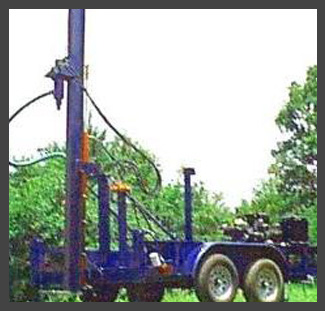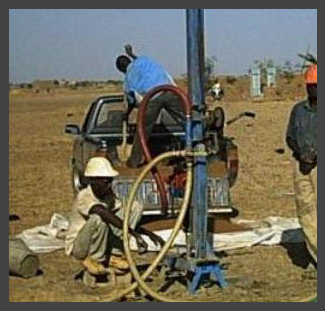Difference between revisions of "Groundwater access"
| Line 22: | Line 22: | ||
|style="background:#efefef;"|<div class="center" style="width:auto; margin-left:auto; margin-right:auto;">[[Springwater collection|Springwater <br>collection]]</div> | |style="background:#efefef;"|<div class="center" style="width:auto; margin-left:auto; margin-right:auto;">[[Springwater collection|Springwater <br>collection]]</div> | ||
|style="background:#efefef;"|<div class="center" style="width:auto; margin-left:auto; margin-right:auto;">[[Subsurface harvesting systems|Subsurface <br>harvesting systems]]</div> | |style="background:#efefef;"|<div class="center" style="width:auto; margin-left:auto; margin-right:auto;">[[Subsurface harvesting systems|Subsurface <br>harvesting systems]]</div> | ||
| − | |style="background:#efefef;"|<div class="center" style="width:auto; margin-left:auto; margin-right:auto;">[[Small rotary machines]]</div> | + | |style="background:#efefef;"|<div class="center" style="width:auto; margin-left:auto; margin-right:auto;">[[Small rotary machines|Small rotary<br> machines]]</div> |
|style="background:#efefef;"|<div class="center" style="width:auto; margin-left:auto; margin-right:auto;">[[Jetting - Engine powered rotary jetting|Jetting - Engine <br>powered rotary jetting]]</div> | |style="background:#efefef;"|<div class="center" style="width:auto; margin-left:auto; margin-right:auto;">[[Jetting - Engine powered rotary jetting|Jetting - Engine <br>powered rotary jetting]]</div> | ||
|- | |- | ||
Revision as of 03:25, 27 January 2015
| |
|
|
|
|
|
|
Rainwater (if given the chance to infiltrate) eventually becomes groundwater. Groundwater is advantageous to harvest as it is always accessible (in spite of the timing of the rainy season), has a high storage capacity with good water quality (usually), is resilient to inter-annual climate variability and has a low cost relative to alternative sources.
However, the height of the water table depends on a lot of factors: type of soils or rock beneath the surface, nearby reservoirs or rivers, and frequency or overall total abstraction of water from populations nearby. Also consider the quality of the groundwater. Is it too salty or near an agricultural runoff or sewage water area? Locate the infiltration or abstraction points where the water is least likely to be affected by pollutants.
Climate change considerations
Climate change affects the precipitation and temperature dynamics on a global scale, and hence will impact upon the supply and demand for water of local communities. Enhancing water storage capacity, both above and below ground, is widely accepted as a coping strategy against hydrological shocks such as floods and droughts.
Field experiences
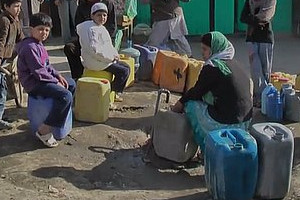 Project Water4Tomorrow |
Groundwater links
- The key to successfully managing groundwater in India
- 3R Smart Solutions
- Africa Groundwater Literature Archive: The Archive is a searchable database of published and unpublished groundwater literature about Africa, including reports, journal articles, conference papers and maps. Many of these documents are freely available to download; for others, a link is provided to the online abstract, or a full bibliographic reference is given where the document is not known to be available online.
- VIDEO: Lots of manual drilling videos. Produced by UNICEF.
- Arjen van der Wal, UNDERSTANDING GROUNDWATER & WELLS In Manual Drilling: INSTRUCTION HANDBOOK for manual drilling teams on hydro-geology for well drilling, well installation and well development. Practica Foundation. June 2010 (2nd Edition). French version: CONNAISSANCES DES METHODES DE CAPTAGE DES EAUX SOUTERRAINES: appliquées aux forages manuels.
- Groundwater resilience to climate change in Africa. Keyworth, Nottingham. British Geological Survey 2011.
- Global Overview of Saline Groundwater Occurrence and Genesis. IGRAC, 2009.
- Sustainable Development of Groundwater Resources in Southern and Eastern Africa. International Atomic Energy Agency.
- Siting of Drilled Water Wells - A Guide for Project Managers RWSN Field Note 2010-5 (Cost Effective Boreholes Series). Carter, R., Chilton, J., Danert, K. et al. RWSN. St Gallen, Switzerland 2010.
Acknowledgements
- Management of Ground Water in Africa Including Transboundary Aquifers: Implications for Food Security, Livelihood and Climate Change Adaptation. United Nations Economic Commission for Africa, African Climate Policy Centre, 2011.
